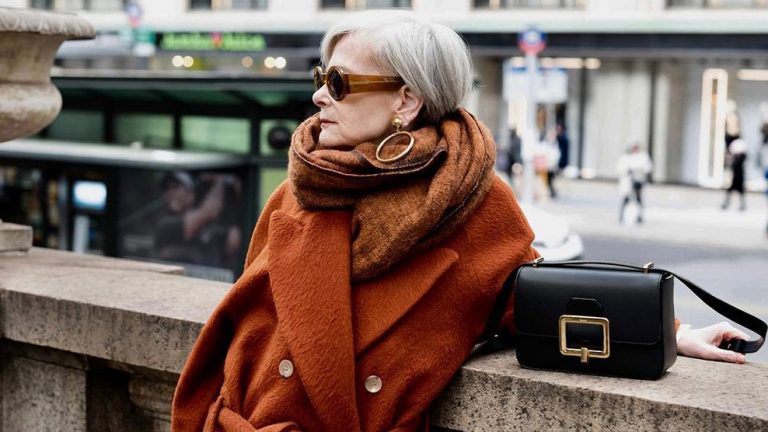As the fashion industry evolves, so too do the trends and considerations shaping tomorrow’s style landscape. Increasingly, sustainability is becoming a central focus in fashion, driven by a growing awareness of environmental and social issues. Tomorrow’s fashion is not only about looking good but also about making responsible choices that minimize environmental impact and promote ethical practices throughout the supply chain. From innovative materials to circular fashion models, the future of fashion holds exciting possibilities for merging style with sustainability. In this article, we’ll explore emerging trends in style and sustainability that are shaping the fashion industry of tomorrow.
Innovative Materials
One of the key trends in tomorrow’s fashion is the use of innovative materials that are eco-friendly, cruelty-free, and technologically advanced. From plant-based alternatives to traditional fabrics, such as organic cotton, hemp, and bamboo, to cutting-edge materials like lab-grown leather and recycled textiles, designers are embracing a wide range of sustainable materials in their collections. These innovative materials offer both aesthetic appeal and environmental benefits, reducing the fashion industry’s reliance on finite resources and minimizing waste and pollution throughout the production process.
Circular Fashion
Circular fashion is a growing movement that emphasizes the importance of designing clothing with longevity, durability, and recyclability in mind. Instead of following the traditional linear model of production, consumption, and disposal, circular fashion seeks to create a closed-loop system where garments are designed to be worn, repaired, recycled, and repurposed indefinitely. This shift towards circularity requires collaboration and innovation across the fashion industry, from design and manufacturing to retail and consumer behavior. By embracing circular fashion principles, brands can reduce their environmental footprint, conserve resources, and contribute to a more sustainable and resilient fashion ecosystem.
Slow Fashion
Slow fashion is a counterpoint to the fast-paced, disposable nature of the mainstream fashion industry, advocating for mindful consumption, ethical production, and timeless style. At its core, slow fashion prioritizes quality over quantity, craftsmanship over mass production, and longevity over trend-driven styles. By investing in well-made, timeless pieces that are designed to last, consumers can reduce their environmental impact and contribute to a more sustainable fashion industry. Slow fashion also encourages transparency and accountability throughout the supply chain, ensuring fair wages, safe working conditions, and respect for human rights in garment production.
Ethical Practices
Ethical practices are increasingly important considerations for fashion brands and consumers alike, as awareness grows about the social and environmental impact of the fashion industry. From fair labor practices and supply chain transparency to animal welfare and community empowerment, ethical fashion encompasses a wide range of values and principles. Brands that prioritize ethical practices are committed to upholding high standards of social and environmental responsibility, ensuring that their products are produced in ways that respect people, animals, and the planet. Consumers can support ethical fashion by choosing brands that align with their values and advocating for greater transparency and accountability in the fashion industry.
Inclusive Fashion
Inclusive fashion is a movement towards greater diversity, representation, and accessibility in the fashion industry, challenging traditional beauty standards and promoting inclusivity for all body types, genders, ages, and abilities. From size-inclusive clothing lines and adaptive fashion designs to gender-neutral collections and diverse runway shows, inclusive fashion celebrates the uniqueness and individuality of every person. By embracing diversity and inclusivity, fashion brands can foster a more inclusive and empowering culture that celebrates the beauty and diversity of humanity.
Tomorrow’s fashion is about more than just style – it’s about sustainability, ethics, inclusivity, and innovation. As consumers become increasingly conscious of the social and environmental impact of their purchasing decisions, the fashion industry is evolving to meet the demand for more responsible and inclusive practices. By embracing innovative materials, circular fashion models, slow fashion principles, ethical practices, and inclusive design, tomorrow’s fashion has the potential to transform the industry for the better, creating a more sustainable, equitable, and beautiful world for generations to come.
